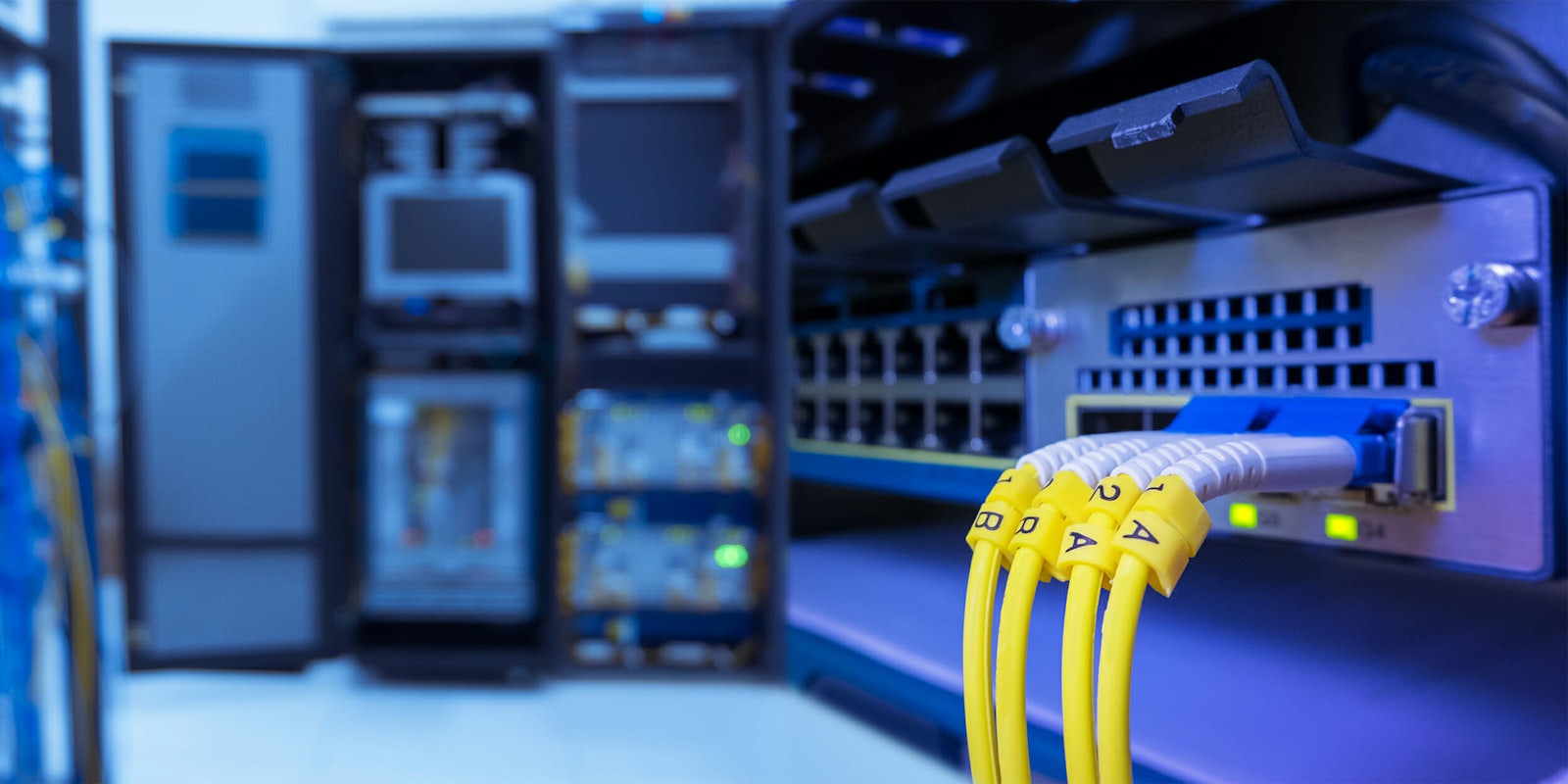When it comes to protecting your online privacy and security, one of the recommendations that every expert will make is to use a Virtual Private Network (VPN).
A VPN is a secure network that is created on top of another network (usually the internet) that might be frequented by malicious actors. Although a VPN might not be the perfect solution to all your privacy woes, it certainly protects your internet traffic against the prying eyes of hackers, spies, oppressive regimes, and data-hungry internet service providers (ISPs).
How does a VPN work?
Most VPN providers come with an app that you install on your phone or computer and use to connect to the service.
The technical aspects of VPN functionality are complicated and probably include more detail than you’re looking for. So, here’s a quick rundown of how VPNs work, in plain English: Normally, when you connect to the internet, your ISP handles all of your requests, such as visiting websites, sending emails, and logging into your social media accounts. As such, this puts your ISP in a favorable position to make use of this information for its own ends, such as selling it to advertising companies or making it accessible to government agencies.
However, when you use a VPN, all of your incoming and outgoing internet traffic is channeled through an encrypted “tunnel” between you and the VPN server. Your ISP merely becomes the facilitator of the connection between you and the VPN service. This means your internet provider will have no knowledge of the content of your communications, such as which websites you’re visiting or which apps you’re using.
Your ISP will still, however, be able to know you’re connected to a VPN and will know when you’re accessing the internet.
READ MORE:
- The best free VPN to maintain your privacy online
- How to lock down your Facebook privacy settings
- How to get faster Wi-Fi
Who uses a VPN?
Pretty much anyone who cares about their privacy should use a VPN, especially after the repeal of the Federal Communication Commission’s privacy rules. But there are several use cases where the use of a VPN is crucial:
- Using public Wi-Fi networks safely: Public Wi-Fi is known for its vulnerabilities. Using a VPN on a Wi-Fi network protects you against attacks that might steal your information or inject malicious content into your internet traffic.
- Circumventing censorship: In countries ruled by oppressive regimes, access to social media and certain websites are either banned or limited by ISPs. With a VPN, you can bypass the filtering of your ISP and freely browse any website you want.
- Spoofing your IP address and geographical location: Sometimes, you don’t want your traffic to be traced back to your real location. When you use a VPN, websites you visit and services you use will see the address of your VPN service instead of that of your computer or phone. This can also be useful to access services that are restricted to specific countries or regions.
- Corporate networks: Corporate networks that want to limit outside access to their servers set up their own custom VPN. In fact, VPNs were initially created to give remote workers access corporate networks from the internet, and they continue to be used that way today.
How far can you trust a VPN?
One thing you should know about VPNs is that once you entrust your internet traffic to them, they’ll be able to see everything that your ISP previously did. They’ll also be able to log your information for future use.
Most ISPs are for-profit organizations, which means they might have commercial uses for your data. Free VPN services, in particular, have a history of monetizing user data and serving up their own ads. Paid services are less incentivized to do so, but you should nonetheless look for one that advocates for user privacy and explicitly promises to not log your internet traffic.
Also, VPNs might incur a speed penalty, and some services block IP addresses originating from VPN services. However, all in all, VPN is one of your best options to enhance your internet security and privacy, and to avoid getting hacked or spied on.
Ben Dickson is a software engineer and the founder of TechTalks. Follow his tweets at @bendee983 and his updates on Facebook.
